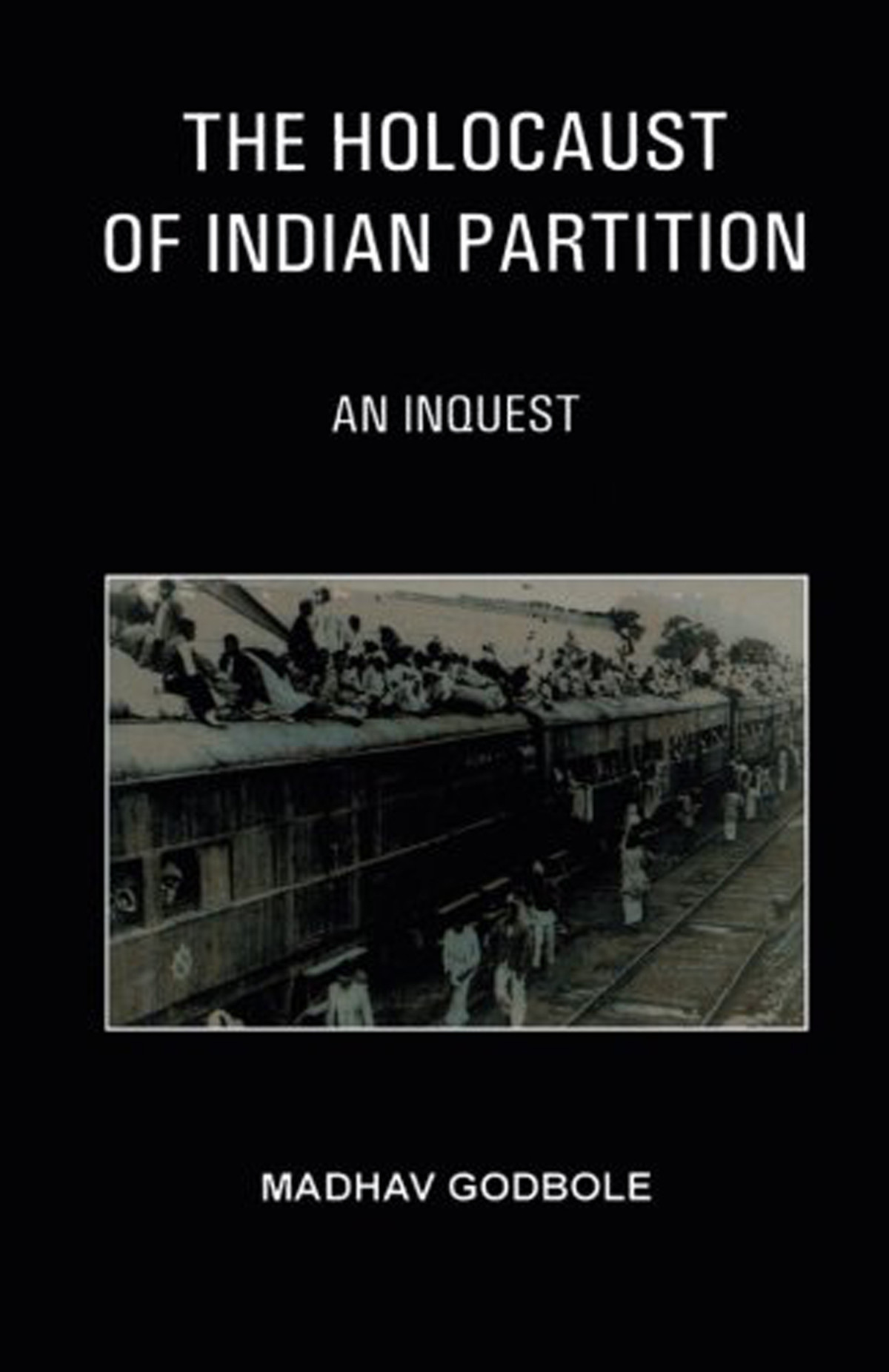

Most ebook files are in PDF format, so you can easily read them using various software such as Foxit Reader or directly on the Google Chrome browser.
Some ebook files are released by publishers in other formats such as .awz, .mobi, .epub, .fb2, etc. You may need to install specific software to read these formats on mobile/PC, such as Calibre.
Please read the tutorial at this link: https://ebookbell.com/faq
We offer FREE conversion to the popular formats you request; however, this may take some time. Therefore, right after payment, please email us, and we will try to provide the service as quickly as possible.
For some exceptional file formats or broken links (if any), please refrain from opening any disputes. Instead, email us first, and we will try to assist within a maximum of 6 hours.
EbookBell Team

4.7
16 reviewsThe machinations, political strategies, confabulations and processes which led to the Partition of India have fascinated me for a long time. But, more than the partition itself, what captivated me was the colossal human tragedy which was the traumatic and inevitable culmination of the partition. It showed how millions of common, innocent persons, far removed from politics, became mere pawns in the hands of apparently larger-than-life Indian politicians and the British who were in authority, in their games of one-up-manship. After the lapse of nearly six decades, it is time to take an objective, clinical and apolitical view of this horrendous and gruesome chapter in the history of the Indian sub-continent. When most of the main actors in this “manmade Greek tragedy”, as Nehru described it, have departed from the scene, an effort must be made to take a more detached view, untainted by narrow preferences, personal and political loyalties, and national and cultural prejudices and biases pertaining to those who wrote the tragedy and directed it. It is also imperative to introspect on the lessons of partition and ponder on the future course of action and the formidable challenges ahead. It has taken me more than three years to research, reflect on and write this book. It is with a great sense of humility and an acute awareness of my limitations and shortcomings in working on such a large canvas that, with some trepidation, I am placing the book in the hands of the readers.
I am thankful to my former colleagues, Satish Chandra, a well-known diplomat, and K.M. Ahmad, who is now a busy attorney in New York, for having spared time, from their busy schedules and numerous other commitments, to go through the manuscript and make valuable suggestions. My wife Sujata and daughter Meera Krishnamurthy have always been diligent readers and critics of all my writings. I am thankful to them for their helpful comments. However, I am alone responsible for any gaps and
…